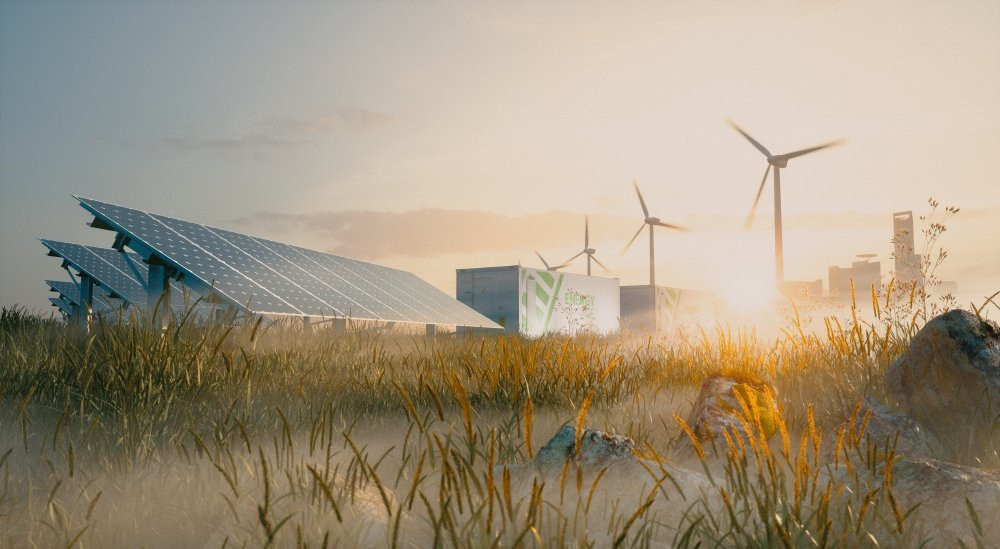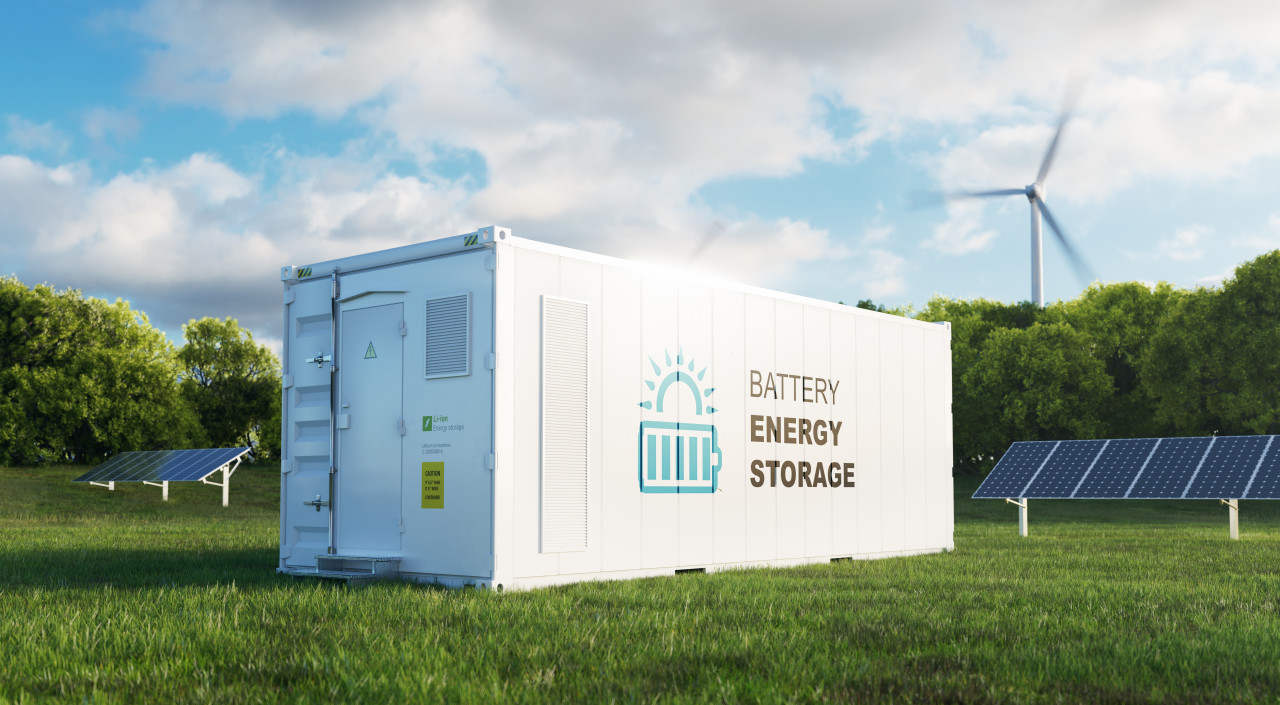Microsoft, Google joins Long-Duration Energy Storage Council
Microsoft, Google, and 10 other companies have announced that they have joined the Long Duration Energy Storage (LDES) Council, a CEO-led organization unveiled at COP26 in November to push for the global deployment of technologies that can store and discharge energy for eight hours or longer.
Along with Danish energy company Ørsted, the tech giants are among five new 'anchor' members, bringing the total to 13. These include a mix of large corporations with interests in the renewable energy space, from Indian renewable energy giant Greenko to BP and Rio Tinto.
It has also welcomed seven new 'technology' members, companies focused on developing new forms of long-duration energy storage, bringing the total to 23.
New technology members consist of heavy industrial group Sumitomo SHI FW, flow battery company VoltStorage, and nickel-hydrogen battery company EnerVenue.
The Council states that LDES has the potential to deploy 1.5-2.5 TW power capacity globally by 2040: 8-15 times the total storage capacity deployed today. LDES could deliver 85-140 TWh by that year which would mean the ability to store up to 10 percent of all electricity consumed and would account for over half of all installed power flexibility capacity.
Accomplishing this, it says, will require an investment of $1.5-3 trillion — equal to the current global investment in Transmission & Distribution (T&D) infrastructure made every 2-4 years — and has set out a roadmap of how to get there.
It estimates $50 billion cumulative investment by 2025 achieving 1 TWh of LDES; $200-500 billion by 2030 achieving 5-10 TWh; and $1.1-1.8 billion by 2035 achieving 35-70 TWh before the 2040 target.
It acknowledges that LDES costs must decrease by 60 percent for it to be cost-optimal, but notes that even larger cost savings have been accomplished in wind and solar.
Maud Texier, leading carbon-free energy activities at Google, stated that: "…we view long-duration energy storage as a key pillar on the path to a carbon-free future".
The Council's modelling states the average system duration for LDES will increase over this period, with 24-hours-plus duration going from 40 percent of all TWh of cumulative installed energy capacity in 2030 to 80 percent by 2040. The average installed duration globally is expected to reach 14 hours by 2030 and a whopping 64 hours between 2030-2040.






















